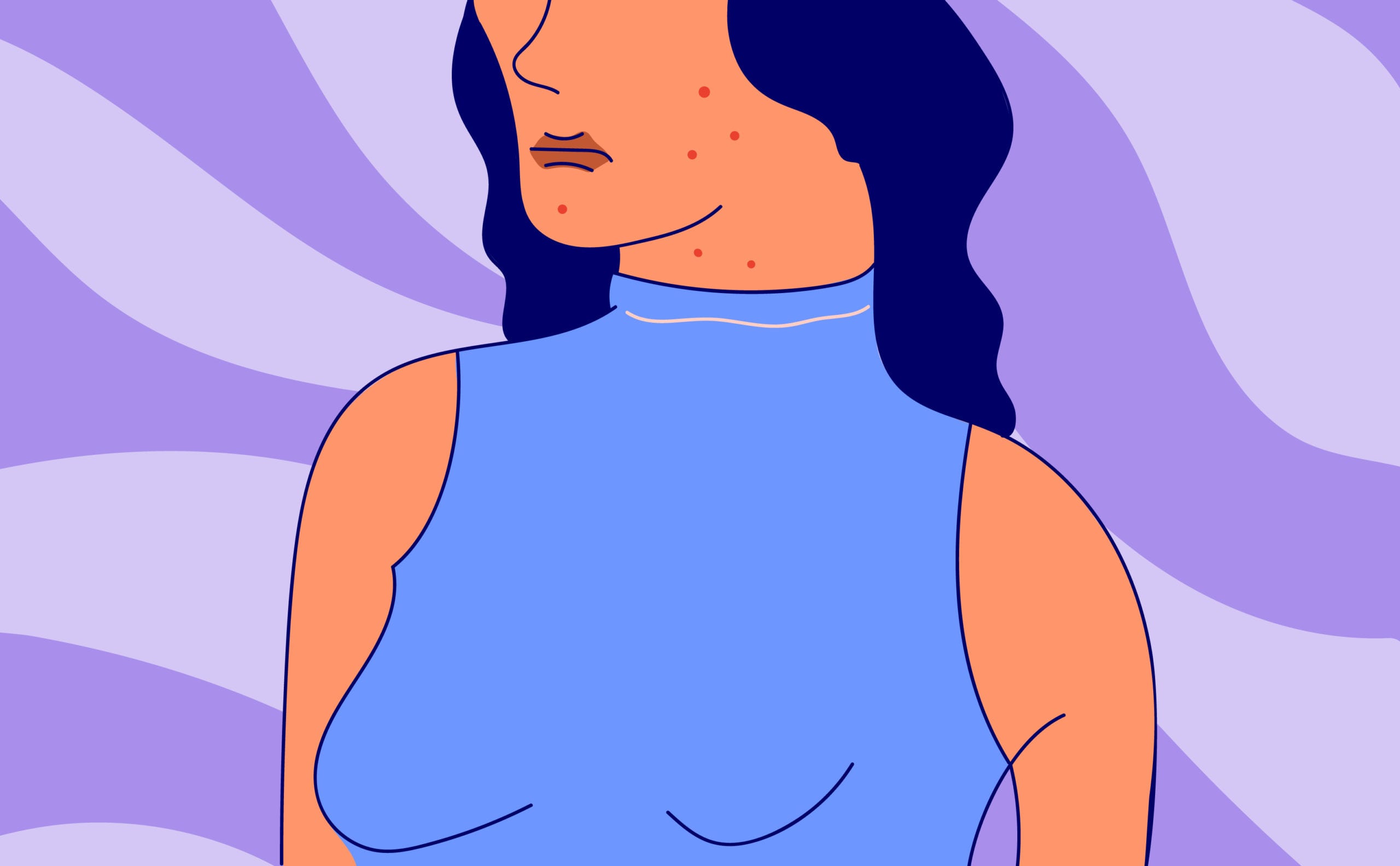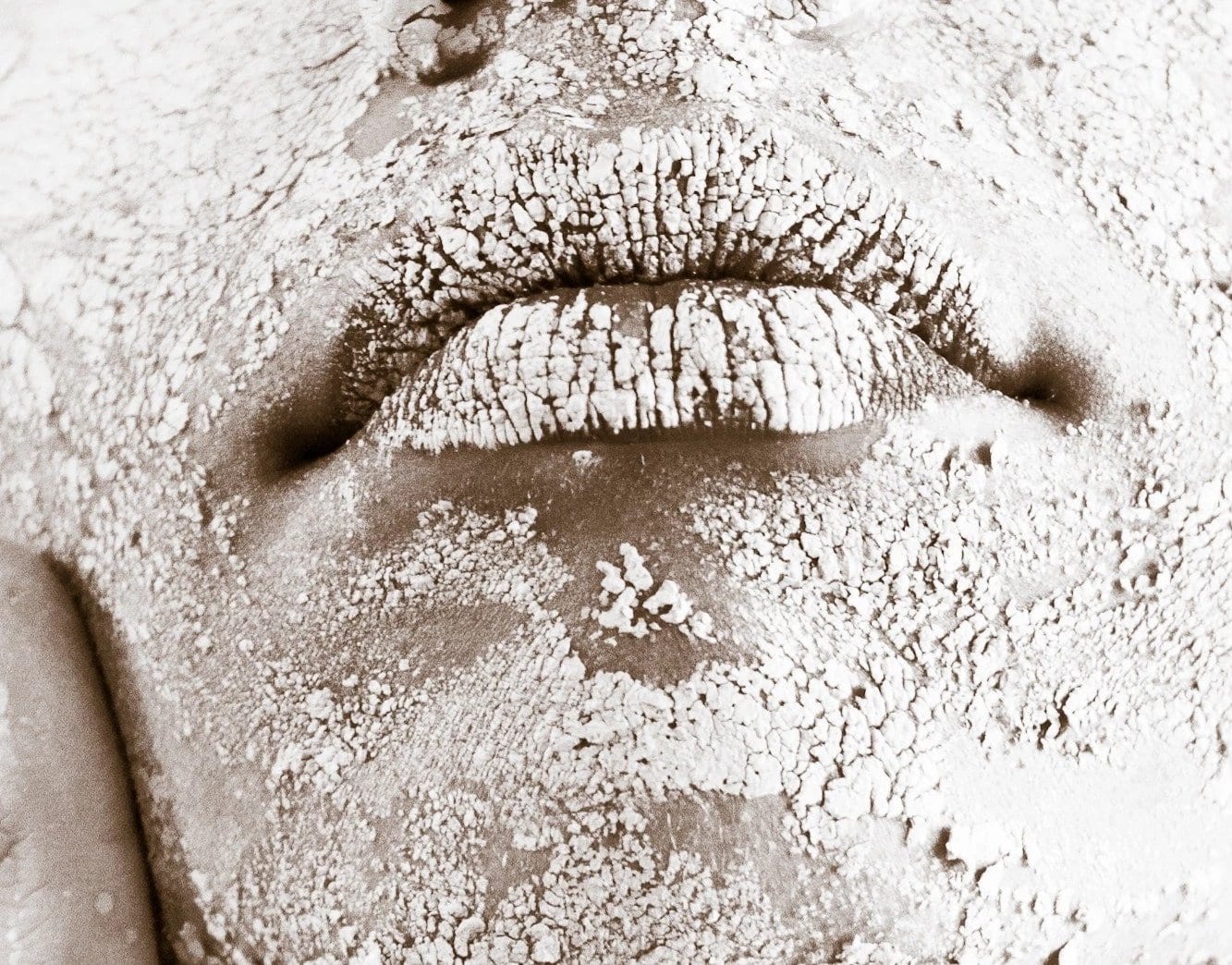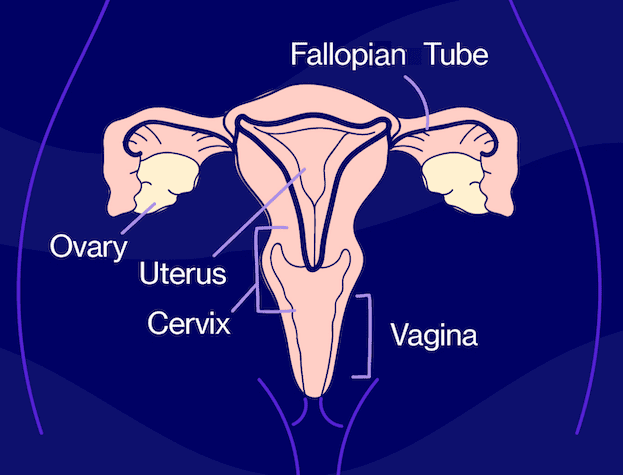We’re all about equipping you with the know-how to understand your symptoms, and we especially emphasize the specific, tangible ways to manage them. Our goal is to empower YOU to take charge of your menopause journey, starting today.
A quick note about product recommendations…Elektra Health is not paid to feature any products. We just like them and think you might too, though we can’t guarantee any results.
Because skin health is so personal, treatment options are, too. Factors such as the cause and severity of acne must be considered, as well as skin type (dry & sensitive vs thick and oily) and response to any previous treatment.
Lifestyle
Nutrition & Diet
As we mentioned, food that we eat affects inflammation which, in turn, affects our skin health.
There are certain tried-and-true nutritional tenets that our founding physician, Dr. Anna Barbieri, MD recommends to keep inflammation at bay and help mitigate the symptoms of acne during menopause. As a first step, she recommends focusing on sugar and dairy:
- Eliminate sugar as much as you can, including sweeteners like high fructose corn syrup and refined carbs (i.e. things made with white flour) that quickly convert to sugar in your body.
- Dairy is another major dietary culprit associated with acne. It’s worth a trial of omitting dairy for several weeks to see if there is any improvement.
- Hydrate, hydrate, hydrate! When our urine is pale and clear, that’s a sign we’re properly hydrating our skin from the inside.
If you’re interested in addressing inflammatory foods even more, you can also try removing conventionally raised meat, unhealthy fats (trans fats & processed vegetable oils), and gluten.
Eliminating sugar, by far, is the single most effective way to control acne.
For more on what foods raise the risk of inflammation and impact complexion, refer to our comprehensive nutrition guide.
Holistic Practices
Healthy skin starts with a basic (but effective!) skincare regimen that’s, above all, sustainable. Here’s what we recommend:
- Wash your face once or twice daily with a mild soap cleanser or benzoyl peroxide face wash. Resist the urge to over-wash since it can dry out the skin and cause further irritation. Those of us with thick, oily skin should consider a glycolic or salicylic acid-based face wash, which is more aggressive against breakouts. The classic Cetaphil cleanser is frequently recommended by dermatologists.
- Use water-based cosmetics and remove 100% of your makeup before bed, every night.
- Use a moisturizer that’s non-comedogenic (so it won’t clog pores), non-acnegenic (so it won’t aggravate acne-prone skin), and hypoallergenic (so it won’t contain potential allergens). This option from CeraVe is a good place to start.
- Always, always, always use sunscreen!
Skincare aside, it’s important to focus on sleep health and stress management for optimal skin health. Too little sleep can cause stress, and stress causes inflammation, and inflammation can lead to acne.
Supplements & Over-the-Counter Solutions
Supplements and over-the-counter solutions may be effective in supporting your skin health…if you choose wisely. We recommend consulting with your healthcare provider first to ensure you’re using something with optimal efficacy and safety (i.e. backed by clinical research) or consulting with Elektra’s providers. Here’s a quick primer from our team on how to go about selecting high-quality supplements.
Topical therapies are a go-to line of defense against acne, but they must be selected carefully. During the menopausal transition, we’re already susceptive to dry, itchy skin (more on that here), so the last thing we want is something to cause even MORE dryness and irritation. Our skin is no longer like teenage skin, so many of the products made for teens may be too harsh for us now. Listed below are Dr. Barbieri’s go-tos.
Topical retinoids
Retinoids are a family of chemical compounds closely related to vitamin A — and they come with the added benefit of addressing signs of aging like fine lines and wrinkles. Examples include tretinoin, tazarotene, isotretinoin, adapalene, and retinol. Some retinoids, like retinol and adapalene, are available over-the-counter. They can cause skin irritation, redness, and peeling at first, so ease into it by applying every second or third night for the first week or so. Retinoids increase skin photosensitivity — aka it’s easier to get a sunburn — so wear sunscreen!
Benzoyl peroxide
This comedolytic, antimicrobial topical treatment is effective but should be used with caution since it can cause irritation and dryness for those of us with sensitive skin.
Azelaic acid
Azelaic acid is an anti-inflammatory, comedolytic, antimicrobial product that is used for mild acne.
Vitamin C (Ascorbic Acid)
This potent antioxidant protects the skin from free radicals, which break down the skin cells and cause fine lines and wrinkles. It also acts as a shield to protect the skin from sun damage.
Curcumin
Curcumin is a spice derived from the boiled, dried, and ground root of the Curcuma longa plant. It’s what constitutes turmeric, the anti-inflammatory, antioxidant-rich spice that’s fittingly referred to as “Indian gold.” Studies show that it may help reduce the signs of aging and ease the symptoms of acne.
Prescription
Hormonal
One hormonal treatment for acne is actually not related to estrogen or progesterone. Antiandrogens such as spironolactone are effective and well-tolerated for acne as well as hirsutism (growth of male-pattern facial hair along the face, chest, and back). It may also help with water retention and bloating too…a win-win!
For women in perimenopause, low-dose birth control may be an option to manage acne. Interested in learning more about hormone replacement therapy (HRT)? We’ve got you covered with a complete guide.
Non-Hormonal
There are some non-hormonal prescription options for acne as well, both topical and oral. Talk to your dermatologist about the best option for you.
Tretinoin
Tretinoin is a topical retinoid available by prescription only. It’s used to both control acne and reduce fine lines and wrinkles.
Dapsone
Dapsone is a topical gel with antimicrobial and anti-inflammatory properties. It’s effective and well-tolerated when used twice daily.
Isotretinoin
Isotretinoin is an oral medication used for the treatment of severe, nodulocystic acne (in other words, acne affecting the face, chest, and back with both inflated and uninflamed nodules and scars). It can also be prescribed to those with moderate acne that’s resistant to conventional treatment. Isotretinoin is often referred to as Accutane, a brand name for the drug, which is no longer available in the US.
While highly effective, it does come with side effects including photosensitivity, skin/mouth/eye dryness, muscle aches, and has been associated with feelings of depression. Isotretinoin can cause birth defects, so if you haven’t hit menopause yet, you have to use two reliable forms of birth control (some doctors may accept abstinence, some not) and pregnancy tests must be done monthly during treatment, which usually lasts around 5 months.
We’re always keeping an eye out on emerging research and the latest clinical studies. Subscribe to our weekly Elektra Digest for the latest, science-based info direct to your inbox. Something work well for you that’s not listed here? We want to hear it! Shoot us a note at [email protected]. (We’re human, promise.)
Pro tip #2
Not all dairy is made equal. The protein can vary based on the cow, how it was raised, and what it ate. If you don’t want to totally cut dairy, try sourcing products from cows classified as A2 (from southern Europe) rather than A1 (from North America). Some may tolerate A2 better. Also, don’t fear the fat! Skim milk has higher sugar, while fat is anti-inflammatory. That’s why some of us who have difficulty tolerating most dairy are fine with whole fat cheese, which has a different ratio of fat to protein to sugar.
Pro tip #3
If you do find yourself with a pimple or tow, apply an ice cube for 2-3 minutes (wrap the ice in a towel, not directly on your skin) and inflammation will reduce, decreasing pain and usually speeding up the healing process. These pimple patches are also great for an overnight treatment.
Disclaimer: This information is for general educational purposes, and should not be used as a substitute for medical advice, diagnosis, or treatment of any health condition or problem.
As with anything you put into your body, taking dietary supplements can also involve health risks. You should consult a medical professional before taking supplements and inform your doctor about any supplements, as well as any medications you already take, since there may be interactions.
Helpful? Share the wealth!
Share with a friend who deserves evidence-based expertise &
solutions.





